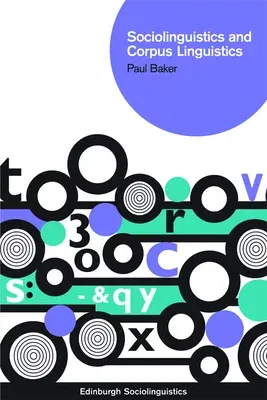This textbook introduces students to the ways in which techniques from
corpus linguistics can be used to aid sociolinguistic research. Corpus
linguistics shares with variationist sociolinguistics a quantitative
approach to the study of variation or differences between populations.
It may also complement qualitative traditions of enquiry such as
interactional sociolinguistics.This text covers a range of different
topics within sociolinguistics: *Analysing demographic
variation*Comparing language use across different cultures*Examining
language change over time*Studying transcripts of spoken
interactions*Identifying attitudes or discourses.Written for
undergraduate and postgraduate students of sociolinguistics, or corpus
linguists who wish to use corpora to study social phenomena, this
textbook examines how corpora can be drawn on to investigate synchronic
variation, diachronic change and the construction of discourses. It
refers to several classic corpus-based studies as well as the author's
own research. Original analyses of a number of corpora including the
British National Corpus, the Survey of English Dialects and the Brown
family of corpora are complemented by a new corpus of written British
English collected around 2006 for the purposes of writing the
book.Techniques of analysis like concordancing, keywords and
collocations are discussed, along with corpus annotation and statistical
procedures such as chi-squared tests and clustering. Paul Baker takes a
critical approach to using corpora in sociolinguistics, outlining the
limitations of the approach as well as its advantages

